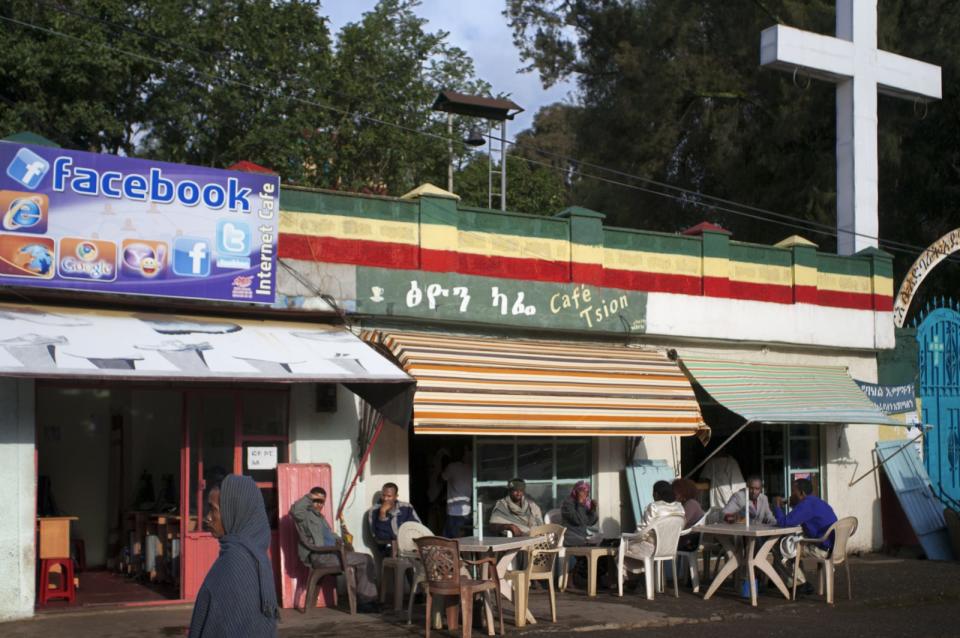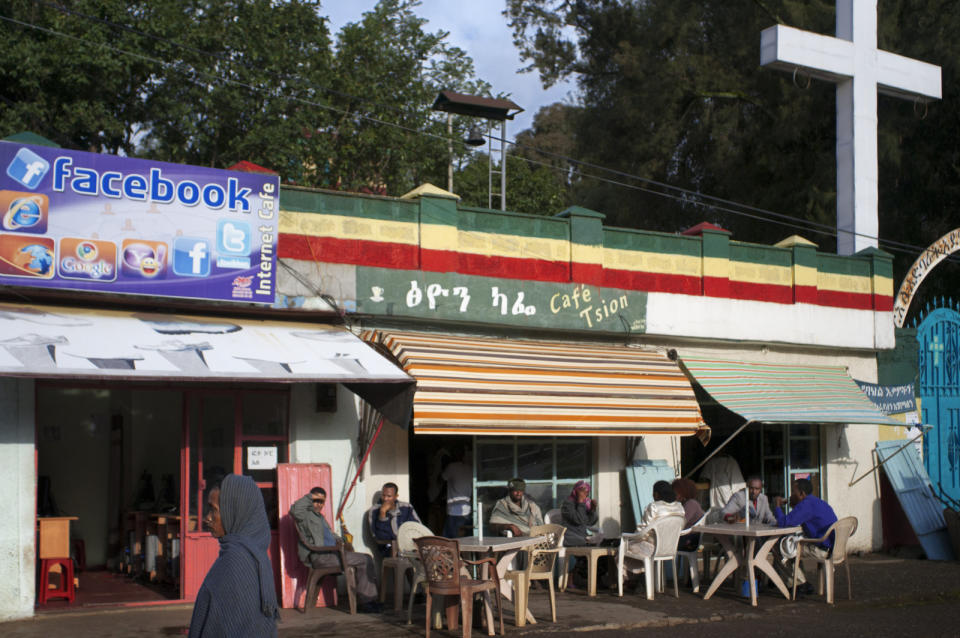Facebook is racing to build Africa’s internet infrastructure
It's partnering with global non-profit the Internet Society on the new initiative.
Facebook and Google are locked in a race to bring connectivity to the 3.8 billion people worldwide that still can't get online. As part of that mission, Zuckerberg and Co. are now turning to internet exchange points (IXP) in Africa, having done away with WiFi-delivering drones earlier this year. The move, in conjunction with non-profit the Internet Society, is designed to develop a local internet infrastructure in the region.
An IXP is essentially a data center containing network switches that routes traffic between different ISPs that share the cost of providing the ecosystem. The problem is they lie in countries with advanced economies and established internet infrastructures. That currently leaves 42 percent of African countries without a hub of their own, meaning their traffic is being routed across borders and even oceans (usually through satellite or submarine fiber) resulting in poor local connections.
Together, Facebook and the Internet Society will work toward increasing the number of IXPs -- and expanding existing IXPs -- to meet the growing demand in Africa by promoting "development, training and community engagement." Facebook is already one of 500-plus members of the Telecom Infra Project -- a collaboration between tech industry firms to accelerate the development of internet infrastructure in rural areas -- and will be hoping to snag some big partners for its new African initiative, too.
"Peering at IXPs helps keep domestic Internet traffic local by offloading traffic from relatively expensive international links onto more affordable local links," states the Internet Society. "As a result, ISPs are able to offer improved Internet experiences for end-users and spur interest in hosting content locally."


